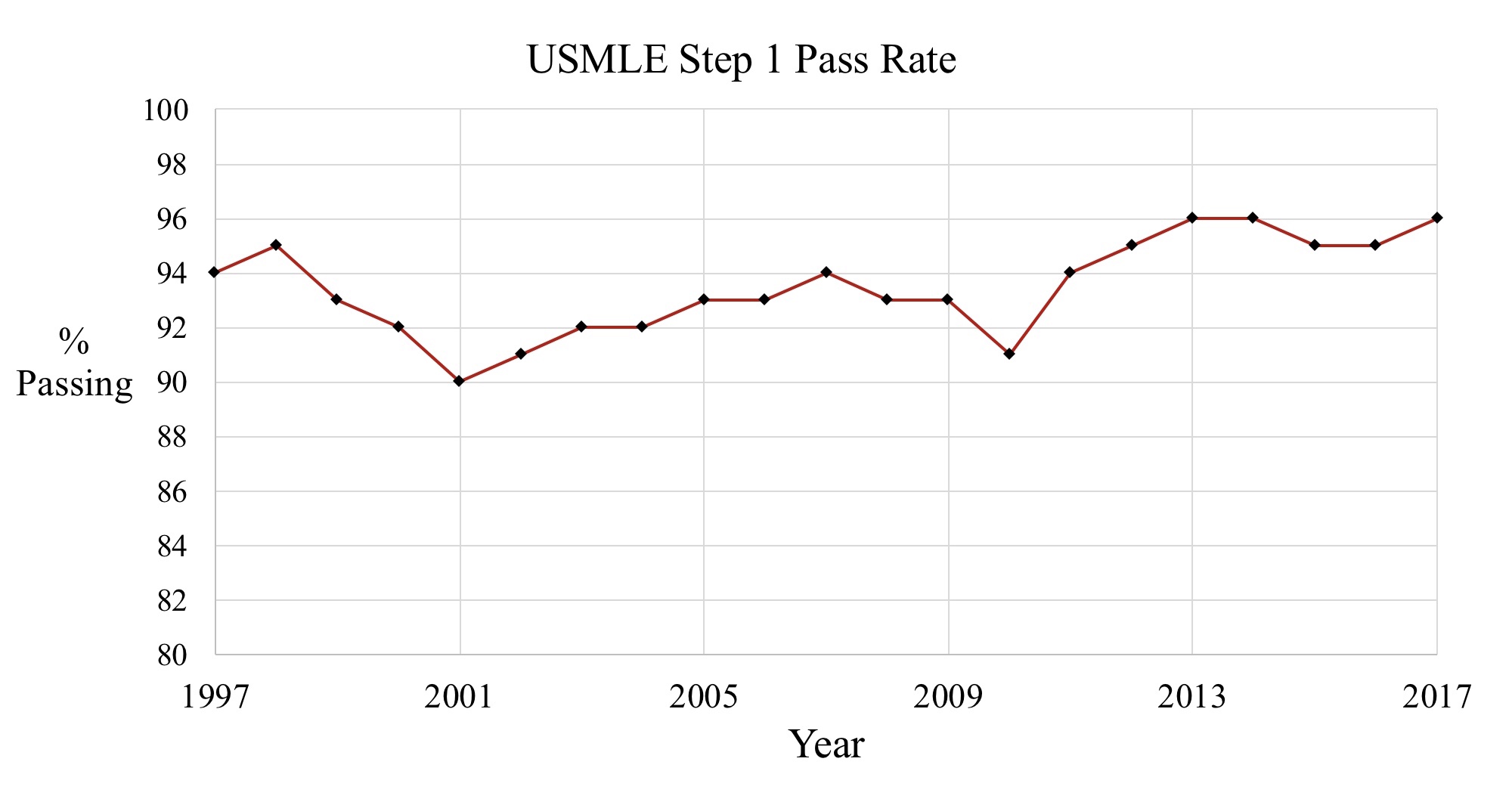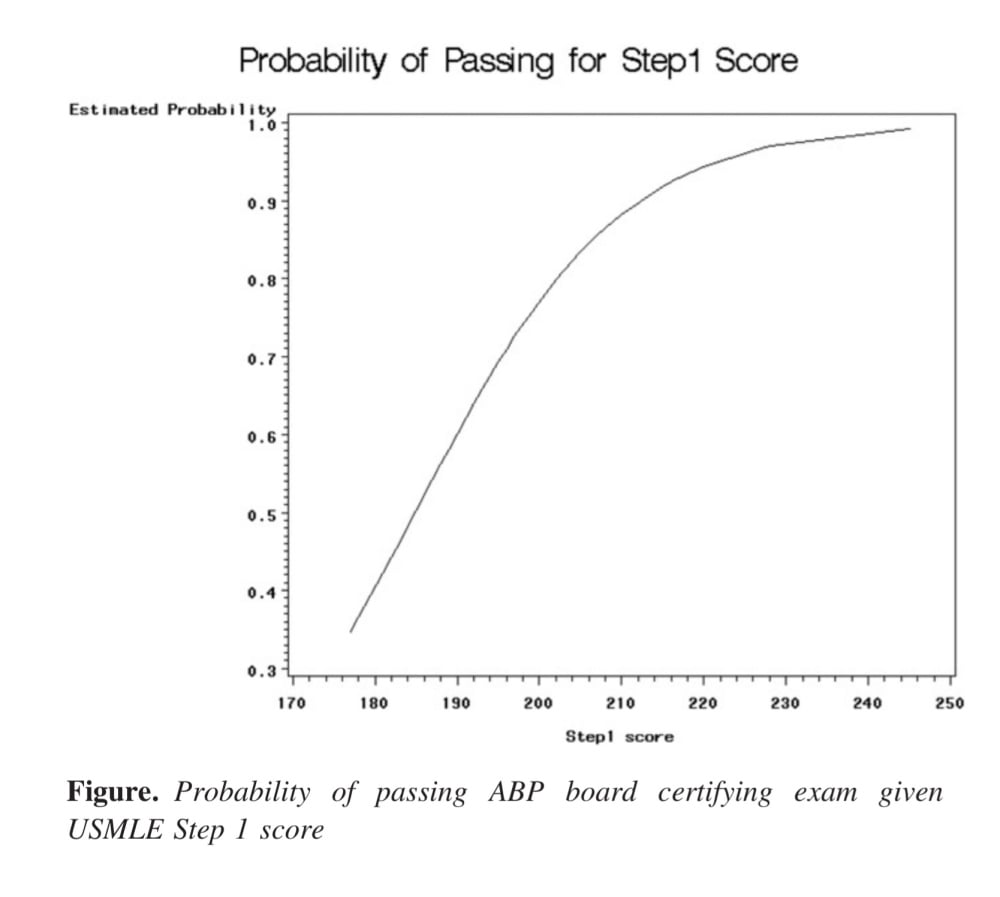Disagree. I think there’s a core of high yield Board topics that we didn’t know as well as current students, but considering the breadth of relevant basic science I think we worked as hard and learned just as much as current students.
Consider this (imperfect) analogy. Let’s say there’s a really important standardized test for literature grad students over the novel Les Miserables by Victor Hugo. At 1400 pages, it’s a big book, and the students have six weeks to study for it. In the first few years of the administration of the Les Mis test, students would study by carefully reading the novel and read other commentary books about the novel. They spend an average of 6hrs/day doing this.
After a few years, it becomes apparent that certain kinds of questions and facts about the novel are considered more important than others as they are asked frequently on the test. Soon Les Mis test prep books proliferate and students spend less time reading the novel and just reviewing high yield facts and concepts from the book. They abandon reading commentaries on the novel altogether. Test prep books get thicker over time but students still spend an average of 6hrs/day on studying this high yield material.
Over time, scores rise on the Les Mis test. Does that mean the students actually know more about the novel, or do they actually just know more about the test and the type of questions it contains and the type of facts it has come to test?
Does the fact that they do better on a test of narrower (high yield) topics mean they actually know more than the students who actually spent time reading the novel?
Consider an example from basic science: autoimmune neuromuscular diseases. The classic one is myasthenia gravis. Board prep books will assure that you know the relevant facts because it’s likely you’ll see a question on MG. But others exist: Lambert-Eaton myasthenic syndrome, Isaacs syndrome, etc. If you’re a student in the early 90s, how do you know they won’t ask about the others? You don’t, so you review them all.
So who actually knows more basic science...the 2019 student who definitely won’t miss the myasthenia gravis question because he knows Step I has asked about that disease before or the 1992 student who spent time studying all of these neuromuscular conditions because he didn’t know which topics were more important than any other?
It's about the
efficiency. Trust me I'm familiar with what it's like to learn from lectures and books, we do still have those tools from the 90s. But the quality and efficiency is simply not comparable. The
same amount of material that would be covered in a 1 hour lecture from a cardiology professor is covered
better and faster in a 20 minute Boards&Beyond module that students will then watch at 1.5x to increase their efficiency even further. Then, instead of revisiting the slide deck to reinforce, they can use a spaced-repetition Anki tool that only repeatedly shows them info if they fail to recall it correctly, so that they can have the
same material learned faster and more permanently.
To apply this to your analogy, the best way to prepare for a top 10% score back in the day would be carefully reading Les Mis for 6-8 weeks and perhaps listening to a local professor walk you through the toughest parts to master.
In the modern climate, the practice isn't just to redirect the 6-8 weeks onto the most important chapters. It is to spend 1-2
years memorizing the entire thing verbatim, or as close as possible, while also listening to the highest regarded professors' walkthroughs at higher speed and doing many thousands of practice questions.
It's simply not true that medicine has been boiled down to the Step topics for us, and a bunch of other things cut out. We're responsible for
all of it. On a modern test a question asking to distinguish Lambert-Eaton from Myasthenia Gravis would be a gimme joke of a question. An example of one I actually had on mine was a vignette hinting at a far more rare syndrome (think anti-cerebellar, that kind of thing) and then asking me what the
second most common type of neoplasm causing it is.
That is the kind of thing they have to use now to differentiate the top ~10%, which I where I landed too. I had questions asking me the specific type of CYP enzyme that metabolizes a specific opiate drug (e.g. is codeine metabolized by 3A4 or 2D6).
That is the degree of minutiae that is fair game for the modern folks who want to be competitive for derm.
To give a much more straightforward thought experiment, since we scored similar percentiles, pretend we're given this challenge. We're told to go and brush up on autoimmune diseases for a weekend and then we're going to have an oral exam with a panel of rheum/immuno docs. You get to use physical textbooks, and use slide decks from any med school curriculum you want. I get to use the modern internet, instantly searchable PDF versions of those books, the Anki tool for making sure I've got what I want memorized down cold, and can stream concise review modules on autoimmune conditions at 2x speed. We both study for 20 hours.
There is no chance you'd come out as prepared. If we are both equally hard working and focused and smart, I'm just going to cover more ground.




